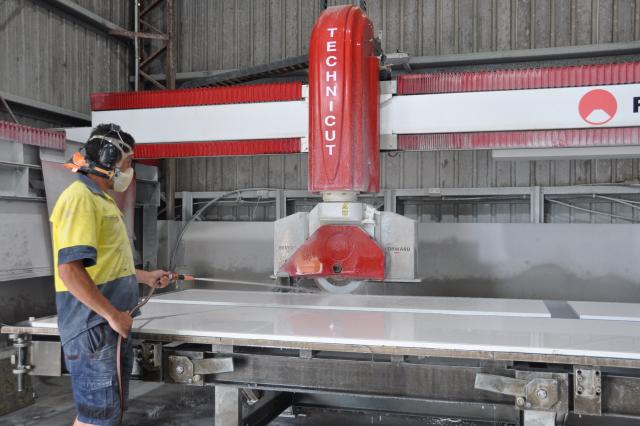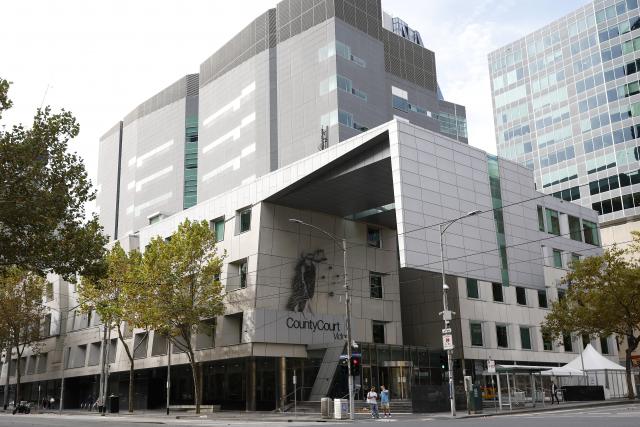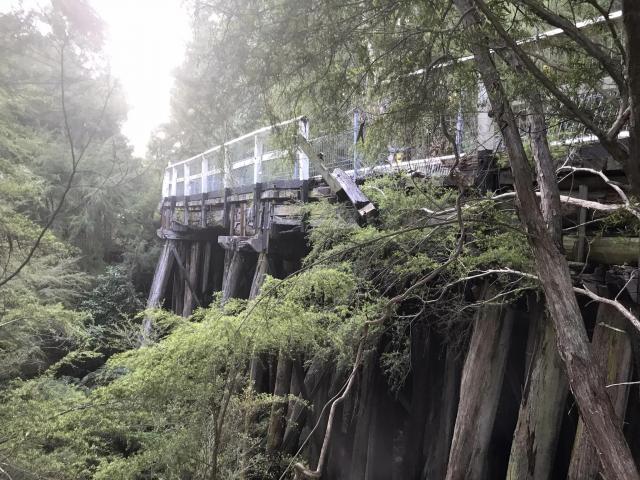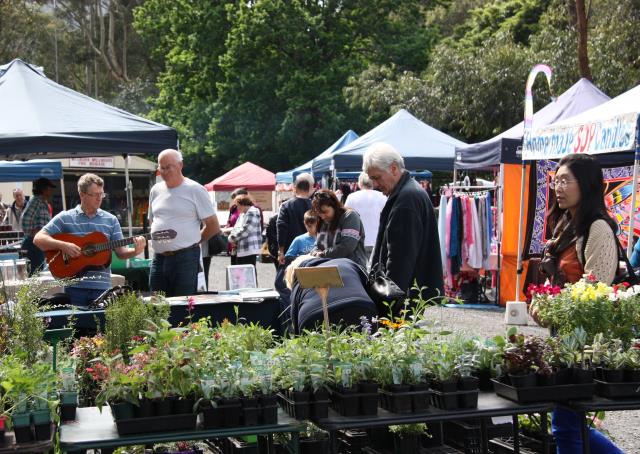Worksafe are issuing a reminder that the prohibition of engineered stone is coming up soon and businesses need to seek alternatives.
From 1 July, Victorian employers will no longer be permitted to carry out work involving the manufacturing, supply, processing or installation of engineered stone benchtops, panels and slabs.
As the current risk to Victorian workers is unacceptable, there will be no transitional period.
This means engineered stone benchtops, panels or slabs cannot be installed in Victorian premises after the ban commences, even if a contract was entered into before 1 July.
Businesses and consumers with contractual obligations that cannot be legally fulfilled after the prohibition comes into force are encouraged to discuss a suitable substitute and settle any disputes in good faith.
WorkSafe Executive Director Health and Safety Narelle Beer said Victoria made no apologies for taking the necessary steps to protect workers from deadly silicosis.
“Sadly, Victorians know from experience that safety must always come first when it comes to exposure to deadly crystalline silica dust,” Dr Beer said.
“The risk to our workers is simply too great to wait any longer to ban engineered stone so it’s critical that builders and clients start having those conversations about alternative products as soon as possible.”
Engineered stone products installed prior to 1 July do not pose an ongoing health and safety risk to Victorian consumers and are not affected by the prohibition.
To ensure any work on these existing installations is managed safely, an exception to Victoria’s prohibition will apply to the removal, repair or modification of engineered stone benchtops, panels or slabs installed in a premises before 1 July.
This work will not be licenced or require notification to WorkSafe, but must comply with existing control requirements for engineered stone and robust regulations for high-risk crystalline silica work.
The Victorian Building Authority’s Commissioner and Chief Executive Officer Anna Cronin said the VBA was fully supportive of the measures.
“While the removal of engineered stone is generally low risk in comparison to installation, demolishers and other practitioners working with existing installations need to be mindful of their obligations,” Ms Cronin said.
“This includes complying with current regulations to keep their workers and clients safe by minimising the health risks associated with crystalline silica dust.”
Any exemptions to the national prohibition granted by other jurisdictions under exceptional circumstances will not be automatically applied in Victoria, which will use its existing exemption framework under the Occupational Health and Safety Regulations.
This will ensure products defined as engineered stone can only be considered for use in Victoria where there is compelling evidence that they provide the equivalent level of health and safety to the alternative of not using them.
Any attempt to rebrand engineered stone as another product to intentionally avoid the prohibition will be subject to strong compliance and enforcement action.
Duty holders must still comply with Victoria’s current regulations, including the requirement for all businesses working with engineered stone to be licensed, until the prohibition takes effect on 1 July.
For further information relating to building contracts and engineered stone, contact Consumer Affairs Victoria.







